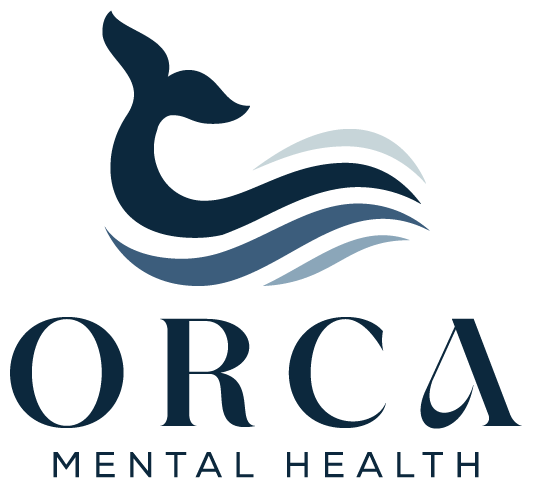San Diego Partial Hospitalization Program
ORCA offers men’s only San Diego Partial Hospitalization Program (PHP). Call today to learn more.
- Home
- Levels of Care
- Partial Hospitalization Program
Each individual’s mental health journey is unique
- Our Program
PHP San Diego
Welcome to ORCA Mental Health, the premier choice for PHP in San Diego. Our facility specializes in providing tailored therapeutic solutions within a supportive environment, ensuring every client can embark on their recovery with confidence. Understanding the unique pressures and societal expectations men face today, our Partial Hospitalization Program (PHP) is specifically designed to foster mental resilience while accommodating the demands of daily life outside the clinical setting.
- About Our Program
What is a Partial Hospitalization Program (PHP)?
A Partial Hospitalization Program (PHP) serves as a middle ground between inpatient and outpatient care. It is designed for individuals who need substantial support and a structured treatment program but do not require 24-hour supervision. PHPs typically involve several hours of therapy per day, several days a week, allowing participants to apply the coping mechanisms and skills they learn in real-time in their everyday environments. This model of outpatient treatment promotes recovery by integrating real-life experiences with professional guidance.
Research shows that structured day programs like PHPs have been found to reduce hospitalization rates by 30-45% for individuals with serious mental illness while improving quality of life measures.
- Why Choose Us
San Diego PHP for Men
PHP offers a dynamic approach to mental health care, providing intensive therapy while allowing clients to maintain a presence in their personal and professional lives. This balance is crucial for many men who are managing careers and familial responsibilities alongside their mental health challenges. PHPs are especially beneficial for those transitioning from more intensive care levels or those who need more support than traditional outpatient services can offer. A PHP is considered a step up from an intensive outpatient program (IOP) and a step down from residential care. Learn more about San Diego PHP for men.
- About Our Program
Core Components of PHP at ORCA Mental Health
Medical and Psychiatric Assessment
Group Therapy
This is a cornerstone of our PHP, providing a platform for clients to share experiences and learn from each other under the guidance of a therapist. Sessions focus on various topics, such as managing emotions, developing social skills, and enhancing communication abilities. This communal aspect of therapy is vital for fostering a sense of belonging and understanding among participants.
Individual Therapy
Support Services and Aftercare Planning
- ORCA Mental Health
Individualized Approach
ORCA Recovery Centers and Mental Health offers a men’s-only PHP in San Diego, CA, for those seeking structured mental health and addiction treatment. Contact us today to learn more about our flexible, evidence-based Partial Hospitalization Program.
Our specialized approach provides multiple benefits
- Our Program
Benefits of Our San Diego PHP Program
Choosing ORCA Mental Health’s Partial Hospitalization Program in San Diego offers distinctive advantages for men seeking comprehensive mental health treatment. Our specialized treatment approach provides multiple benefits that support lasting recovery while accommodating the realities of daily life.
Our San Diego PHP program delivers intensive therapeutic support without requiring full hospitalization. This balanced approach allows men to receive structured, comprehensive care during daytime hours while returning home in the evenings, making it an ideal treatment option for those who need more support than traditional outpatient therapy but don’t require 24-hour inpatient care.
As San Diego’s premier men’s mental health facility, we’ve created a therapeutic environment specifically designed to address men’s unique mental health challenges. Our program acknowledges the cultural and societal pressures men face, providing a space where participants can openly discuss vulnerabilities, process emotions, and develop healthier coping strategies among peers who understand their experiences.
Our PHP structure allows men to immediately apply therapeutic skills in real-world settings. This practical application accelerates recovery by integrating daily life challenges into the treatment process, creating a more sustainable path to wellness than isolated inpatient settings typically provide.
We excel at helping men transition between different levels of care. Whether stepping down from inpatient treatment or building upon outpatient therapy, our San Diego PHP offers comprehensive support throughout the recovery journey, including detailed aftercare planning and connections to community resources.
Unlike many other programs in San Diego, our PHP incorporates a wide spectrum of evidence-based therapies tailored to men’s needs, including:
- Trauma-focused therapy addressing past experiences
- Group sessions focused on masculine identity and emotional expression
- Specialized treatment tracks for veterans, professionals, and LGBTQIA+ individuals
- Holistic modalities including meditation, breathwork, and nutrition counseling
- What to Expect
A Typical Day in PHP at ORCA Mental Health
A day at our PHP program is carefully structured to provide a balanced mix of therapeutic, educational, and restorative activities:
- Morning Sessions: Days typically start with group therapy sessions that focus on topics such as mindfulness, coping strategies for stress, or cognitive-behavioral techniques for managing negative thought patterns. These sessions are designed to equip clients with practical skills for daily living.
- Midday Activities: After a nutritious group lunch, clients may participate in skills workshops or psychoeducational classes. These might include topics like financial management for stress reduction, nutritional planning for mental health, or creative therapies such as art or music therapy, which provide alternative outlets for expression and emotional regulation.
- Afternoon Therapy: Individual therapy sessions usually take place in the afternoon, allowing clients to dive deep into personal issues with their therapists. This is followed by specialized groups that might focus on particular issues like anger management, relapse prevention, or family dynamics.
- Evening Reflection: The day often ends with a reflection session where clients can discuss their feelings about the day’s activities, challenges they faced, and insights they gained. This helps reinforce the day’s learning and encourages peer support and accountability.
A balanced mix of therapeutic, educational, and restorative activities
- About Our Program
Tailoring PHP to Men's Mental Health Needs
Addressing Stigma
Our program encourages open discussions about mental health, helping men overcome the stigma of seeking help and expressing vulnerabilities. By fostering an environment of acceptance and understanding, we empower men to engage fully with the treatment process.
Research shows that men-specific mental health programs that address stigma can increase treatment-seeking behavior by up to 40%.
Building Emotional Resilience
Cultivating Healthy Masculinity
- How to Begin
Admission Process
At ORCA Mental Health, we strive to make the admission process into our Partial Hospitalization Program as seamless and stress-free as possible. Here’s a detailed breakdown of the steps involved:
The journey begins with your first call or message to our center. During this initial contact, our dedicated admissions team will discuss your concerns, answer any questions you may have, and provide you with a clear understanding of our programs.
Next, we conduct a comprehensive pre-assessment to determine the appropriateness of our PHP for your specific needs. This assessment covers mental health history, current symptoms, and overall health status. It’s a crucial step that ensures our program can effectively meet your needs.
Understanding the costs of treatment is important. Our team will help verify your insurance coverage, discuss payment options, and ensure you have a clear understanding of any potential out-of-pocket costs. This process is handled with the utmost confidentiality and care to ensure financial concerns do not impede access to necessary treatment.
Once admission is confirmed, our clinical team collaborates with you to develop a personalized treatment plan. This plan is tailored to address your specific challenges and goals, ensuring a targeted approach to recovery.
Before starting the program, you’ll participate in an orientation session where you’ll meet the team, tour the facility, and learn about the daily routines and expectations of the PHP. This helps ease the transition into the program, reducing anxiety and setting the stage for a successful treatment experience.
- Continued Sobriety
Preparing for Life After PHP
Continued Support Planning
Skill Reinforcement
Community Integration
Family Involvement
Each individual’s mental health journey is unique
- Our Program
Get Help at ORCA Mental Health
ORCA Mental Health’s PHP is uniquely designed to meet the needs of men in San Diego, combining intensive care with the flexibility necessary for maintaining everyday responsibilities. We are committed to helping our clients achieve and sustain mental health and well-being. If you or a loved one are struggling with a mental health disorder, get in touch with ORCA Mental Health.
- Get Help With Costs
We Accept Most Major Insurances
Contact our team or fill out our online form to verify your insurance coverage.
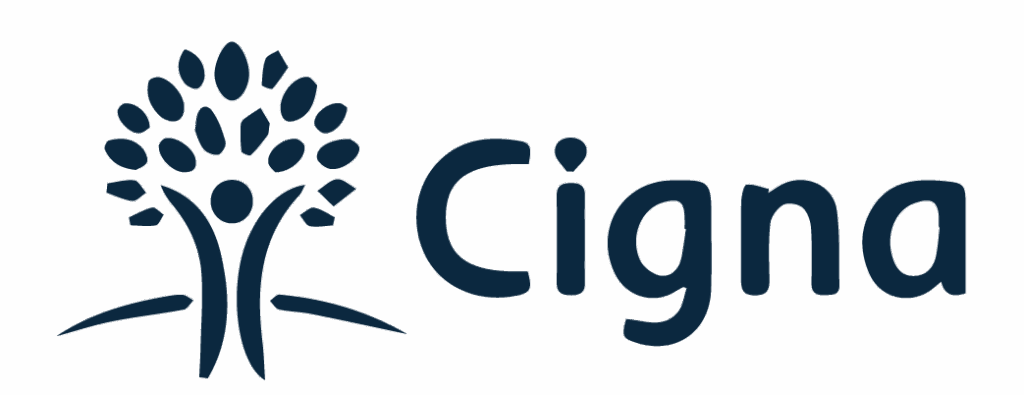

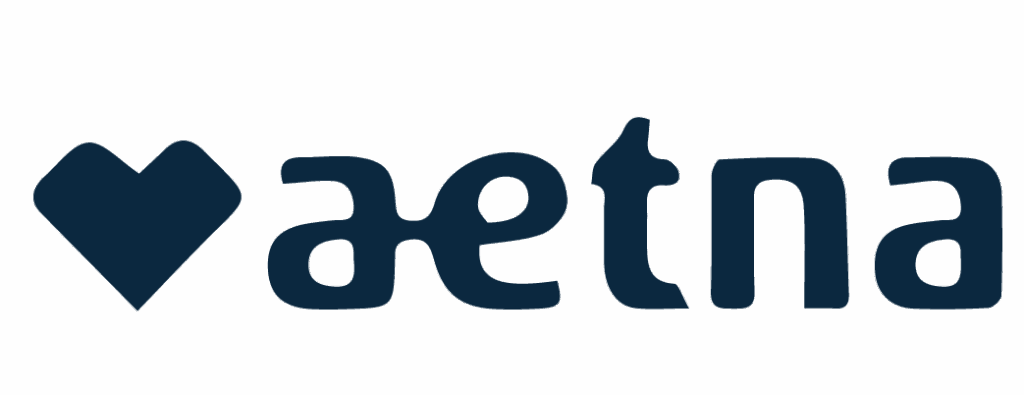
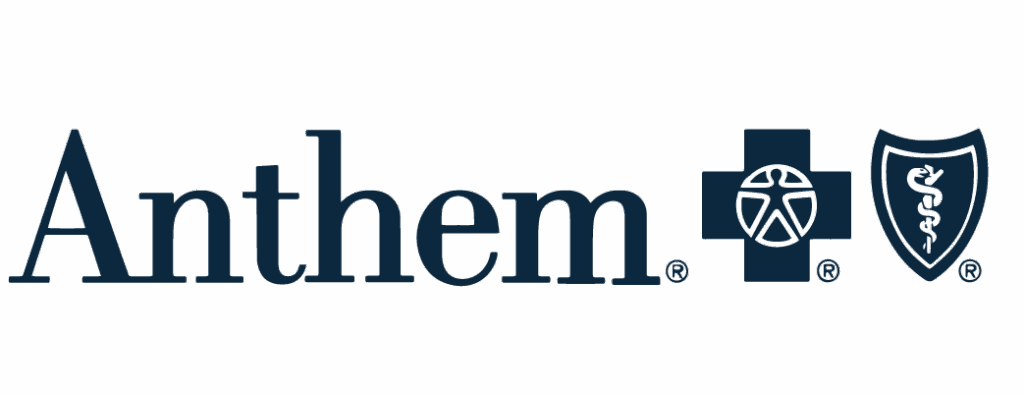
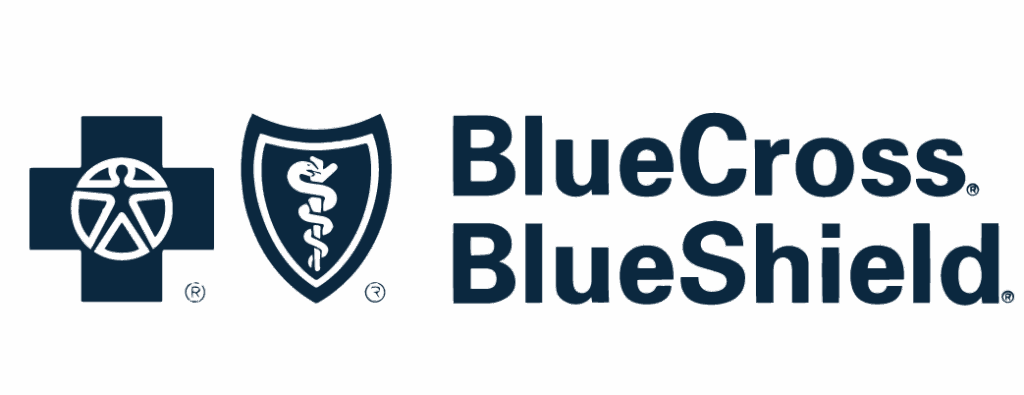

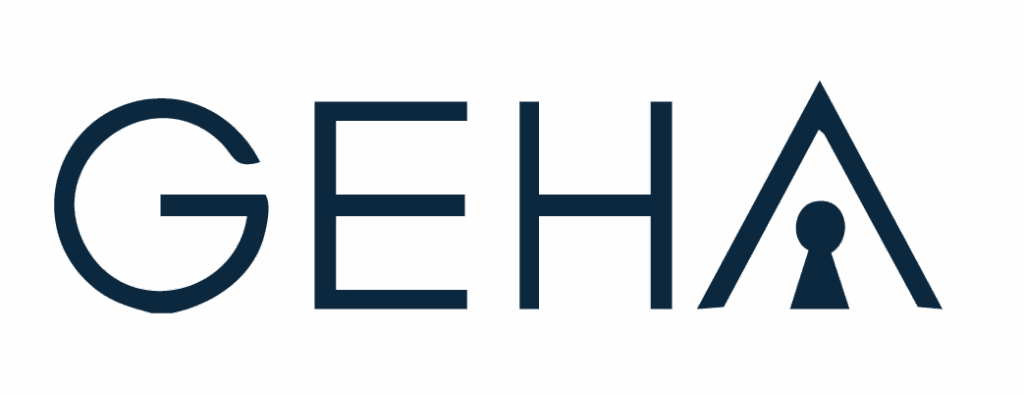

- Get Started
Take the First Step Toward Recovery
At ORCA Mental Health, we believe in a holistic and individualized approach to mental health care. We recognize that every journey is unique, and our programs are tailored to the specific needs of each client.
- Our clients receive the most effective and relevant treatment
- We work collaboratively to provide the highest standard of care
- Our Community fosters long-term recovery and personal growth
